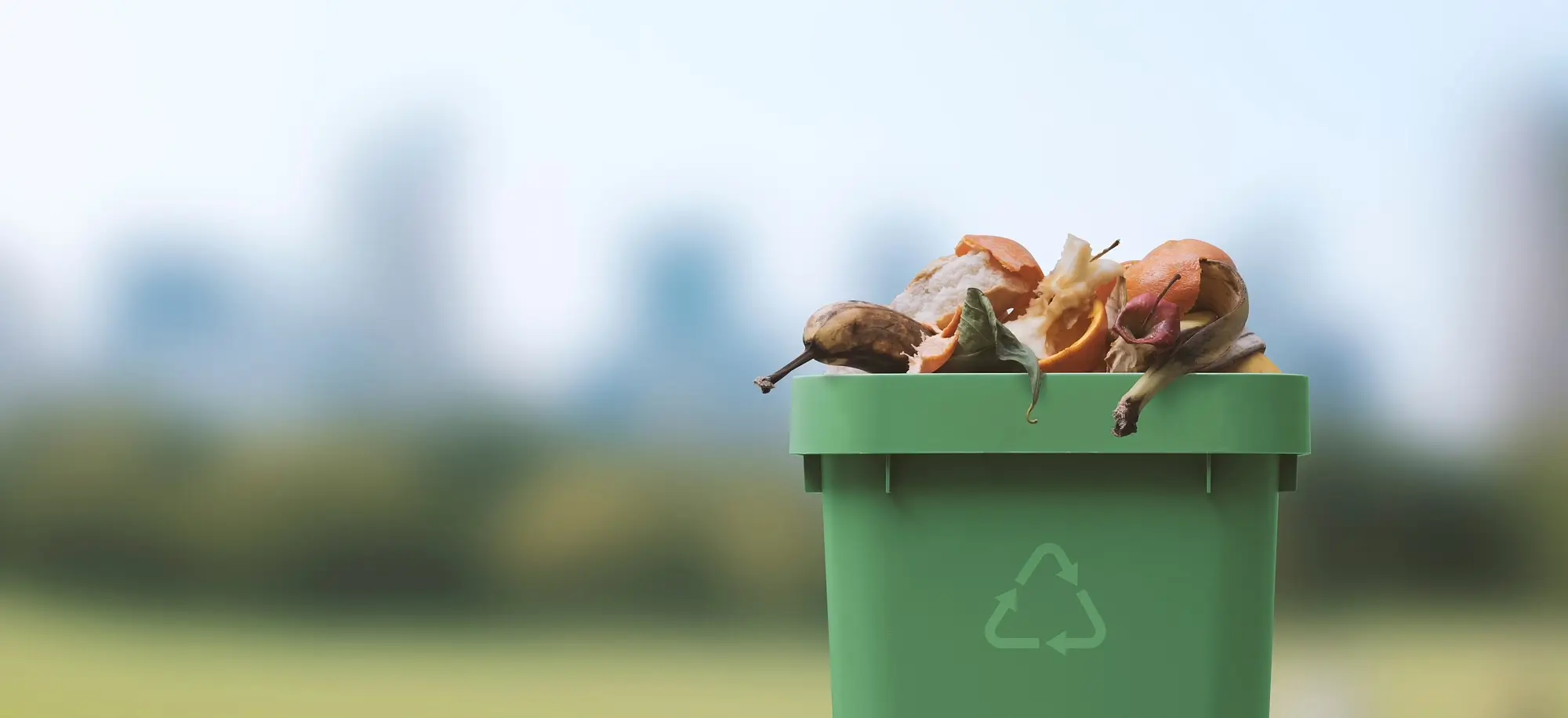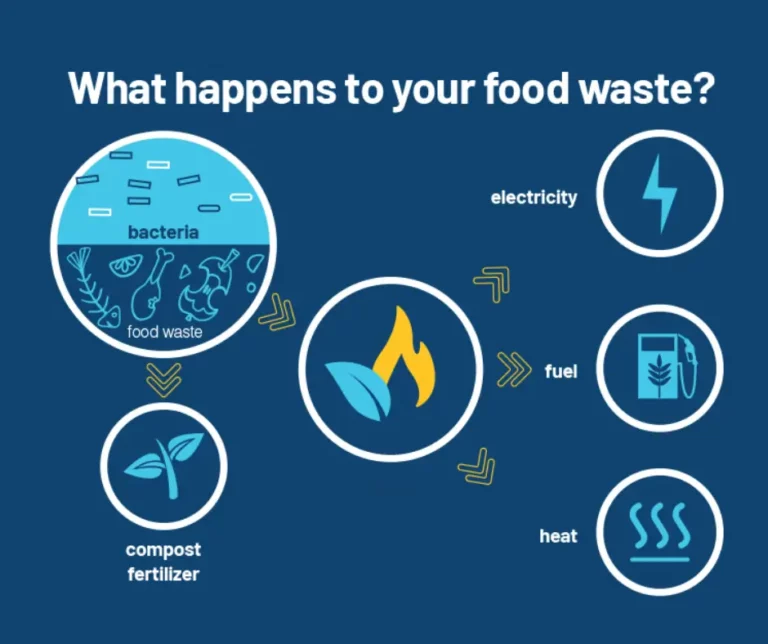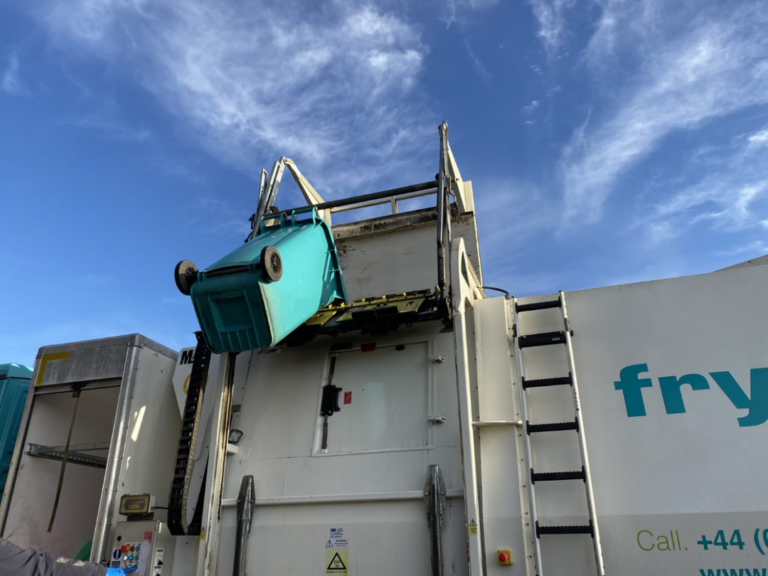
Food Waste FAQs
Do you have questions about food waste? Frylite Solutions has you covered. From understanding the basics of what constitutes food waste and why it’s a global concern, to exploring actionable steps individuals and businesses can take to mitigate their food waste footprint, we cover it all. Join us as we explore how to make a positive environmental impact, save costs, and contribute to a sustainable future.
Understanding Food Waste
What is Food Waste and Why is it a Problem?
Food waste encompasses all the food that’s prepared but not consumed, ranging from production losses to items thrown away by consumers. In Ireland, this issue is significant due to its environmental impact—wasting resources like water and energy, and contributing to greenhouse gas emissions. Economically, it represents a loss for both businesses and households, while socially, it underscores the ethical dilemma of wasting food in a world where hunger is still a challenge.
How Much Food Waste is Produced Globally Each Year?
Globally, we waste about a third of all food produced for human consumption annually, which amounts to approximately 1.3 billion tonnes. This statistic highlights a massive inefficiency within global food systems and the urgent need for change.
How Much Food Waste is Produced in Ireland Each Year?
In Ireland in 2021, the last year data has been released for, food waste amounted to 753,000 tonnes, placing a considerable strain on environmental resources and economic costs. This level of waste not only impacts Ireland’s environmental goals but also reflects broader issues of consumption and waste management that need to be addressed through policy, innovation, and public engagement.
Why is it Important to Reduce Food Waste?
Reducing food waste is essential for several reasons: it lessens environmental damage, conserves resources, reduces greenhouse gas emissions, and saves money. Plus, by reducing food waste, we can help alleviate food insecurity by redirecting excess food to those in need, making the food system more efficient and equitable.
Environmental Impacts of Food Waste
How Does Food Waste Affect the Environment?
Food waste contributes significantly to environmental degradation through the wasteful use of water, land, and energy. Decomposing food waste in landfills generates methane, a potent greenhouse gas. Addressing food waste is a direct action towards mitigating climate change and conserving precious environmental resources.
What Happens to Properly Disposed Food Waste?
Properly disposed of food waste in Ireland is often turned into compost or biogas, through processes like composting and anaerobic digestion. These processes convert waste into valuable resources, contributing to a circular economy and reducing the environmental impact associated with food waste.

Reducing Food Waste
How Can Food Waste Be Reduced when Preparing Food?
Creating less waste during food preparation starts with menu planning and understanding your inventory. Chefs and caterers should plan menus that utilise similar ingredients across different dishes, minimising the likelihood of unused stock. Training kitchen staff on techniques to use as much of each ingredient as possible—for example, using vegetable scraps for stocks—can significantly reduce waste. Emphasising a nose-to-tail or root-to-stem approach not only reduces waste but can also inspire creative dishes.
How Can Food Waste be Reduced When Storing Food?
Restaurants, catering companies and food processors can cut down on waste with better food storage practices. This involves educating staff on how different foods should be stored to extend their freshness. Implementing a first-in, first-out (FIFO) system ensures older stock is used before newer deliveries. Regular checks and organising the storage areas make it easier to see what you have and what needs to be used soon, reducing the chance of food expiring unnoticed.
How Can Food Waste be Reduced When Ordering Food?
When purchasing ingredients, food service businesses should aim for precision—buying only what is necessary based on detailed forecasts of customer demand. Building relationships with suppliers who allow flexible order quantities can help adjust for fluctuating needs, preventing overstocking. Embracing local and seasonal produce not only supports sustainability but often involves shorter supply chains, meaning fresher ingredients that last longer.
Community Actions
How Can We Collectively Reduce Food Waste?
Collectively reducing food waste in Ireland requires a concerted effort from individuals, businesses, and the government.
At the individual level, it starts with being mindful of purchases and utilising leftovers creatively. Businesses, especially in the hospitality and retail sectors, can implement practices like donating surplus food to charities and improving inventory management.
On a larger scale, supporting policies that promote food waste reduction and recycling is crucial. Community initiatives, like organising food sharing programs and educational workshops on sustainable food practices, can foster a culture of waste reduction across Ireland.
What Can You do With Food Waste Beyond Disposal?
Beyond the traditional disposal, there are innovative ways to repurpose food waste in Ireland. Composting is a key method, turning organic waste into a nutrient-rich resource for gardening and agriculture. In urban areas, community composting initiatives can help those without personal garden space to contribute to waste reduction.
Also, food waste can be converted into renewable energy through anaerobic digestion processes, supporting Ireland’s transition to sustainable energy sources. Engaging in these practices not only reduces the environmental impact of food waste but also contributes to a circular economy.
How Does Food Waste Affect Us as a Community?
Food waste significantly impacts Irish communities both environmentally and socially. Environmentally, it contributes to increased greenhouse gas emissions and wastes valuable resources like water and land. Socially, it represents a lost opportunity to address food insecurity within our communities, as edible food is discarded instead of being redistributed to those in need. Economically, it burdens households and businesses with unnecessary costs. Reducing food waste strengthens community bonds by promoting shared values of sustainability and resourcefulness.

Addressing Food Waste with Frylite Solutions
Frylite Solutions is at the forefront of combating food waste in Ireland, providing the hospitality and food & beverage industry with innovative food waste collections. Our services are designed to support businesses in their sustainability goals, offering practical tools and advice for waste reduction. From efficient waste collection to advising on waste prevention strategies, Frylite Solutions is your partner in sustainability.
If you’re in the hospitality or food & beverage industry and are looking for effective ways to reduce your food waste footprint, contact Frylite Solutions today. Together, we can make a significant impact on reducing food waste, saving costs, and contributing to a more sustainable future for Ireland.
STRABANE
- Orchard Rd Ind Estate, Strabane BT829FR
- +44 28 71 383133
- in**@fr*****.com
LISBURN
- 6 Ferguson Dr, Lisburn BT28 2EX
- +44 28 71 383133
- in**@fr*****.com
DUBLIN
- St. Annes, Cloughran, Swords
- +353 (0) 14569511
- in**@fr*****.com
GALWAY
- Kilcolgan, County Galway
- +353 (0) 91776752
- in**@fr*****.com
CORK
- Unit 1, GB Business Park, Little Island
- +353 (0) 214232392
- in**@fr*****.com
We supply a range of quality cooking oils straight to your door at prices that make sense.
Our reliable service collects waste cooking oil, making us the natural choice for complete vegetable oil solutions.
Everything we collect from the food industry is converted into renewable energy.
